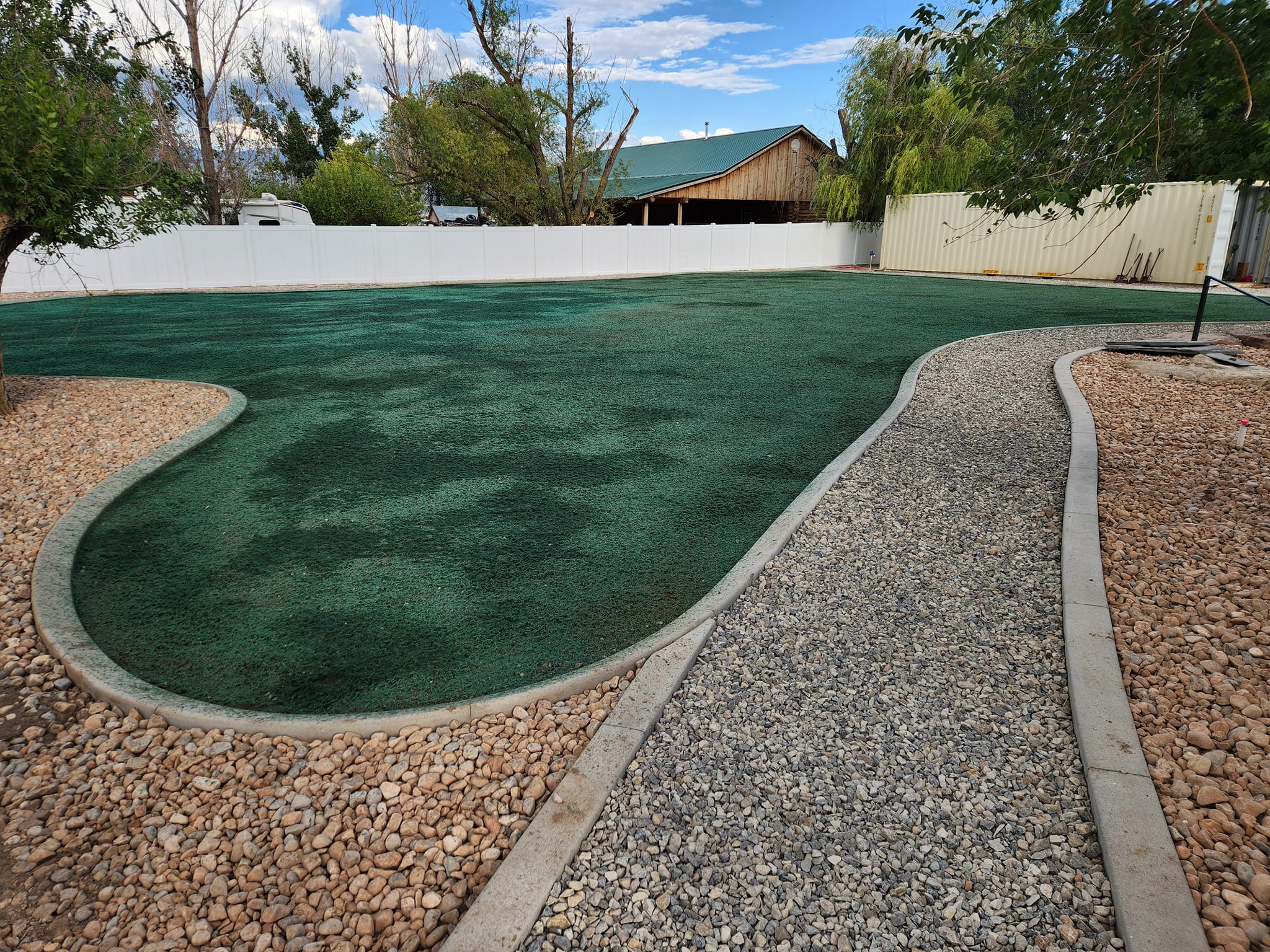
Sustainable Landscaping Practices for an Eco-Friendly Garden Aug 21, 2025
To begin with, reconsidering plant choices can have a significant impact on the sustainability of your garden. Native plants are adapted to the local environment and typically require less water, fertilizers, and pesticides than non-native varieties. They also provide habitat and food for local wildlife, enhancing the biodiversity in your garden. When planning your landscape, consider incorporating native flowering shrubs, trees, and ground covers to create a thriving ecosystem.
Water conservation is another vital aspect of sustainable landscaping. Implementing a rainwater harvesting system can drastically reduce water usage. Collecting rainwater in barrels or underground systems can provide a free and resource-efficient way to irrigate your garden. Additionally, opting for drip irrigation systems can minimize water waste by delivering water directly to plant roots, ensuring that your garden stays hydrated efficiently.
The soil is the foundation of any successful garden. Practicing soil health management can promote plant growth and reduce the need for chemical fertilizers. Techniques such as composting enrich the soil with organic matter, improve its structure, and support beneficial microorganisms. Green Scapes Landscaping recommends regularly testing your soil to determine what nutrients are needed, allowing you to fertilize effectively and responsibly.
Reducing lawn size is a sustainable practice gaining popularity among eco-minded gardeners. Traditional lawns require significant water, fertilizers, and regular mowing, which contribute to increased carbon footprints. Consider replacing portions of your lawn with drought-resistant plants, ornamental grasses, or ground cover that require less maintenance and support local ecosystems. This not only conserves resources but also adds texture and interest to your garden design.
Turning your attention to the materials you use can also play a role in sustainable landscaping. Opt for recycled or local materials when constructing paths, patios, or retaining walls. Choosing sustainably sourced wood or reclaimed stone not only saves resources but also adds a unique aesthetic to your garden projects. At Green Scapes Landscaping, we are committed to helping you choose the most eco-friendly materials for your landscaping needs.
Lastly, wildlife-friendly practices can greatly enhance the sustainability of your garden. Encourage beneficial insects and pollinators like bees and butterflies by planting nectar-rich flowers. Installing birdhouses and feeders can attract a range of bird species, while ponds or water features can become breeding grounds for frogs and other aquatic creatures. These habitats contribute to the ecological balance and the overall health of your garden.
Incorporating sustainable landscaping practices is a rewarding endeavor that benefits both the environment and your immediate surroundings. Green Scapes Landscaping is dedicated to creating beautiful, eco-friendly gardens that harmonize with the local environment while reflecting your personal style. Embrace these practices to ensure that your garden not only flourishes but also supports the broader ecological community.
/filters:no_upscale()/media/e6cfbcac-e222-4b30-8356-0fbae58f8c64.png)
/filters:no_upscale()/filters:format(webp)/media/6edac668-f894-45fc-ad31-ac75c87473b4.jpeg)